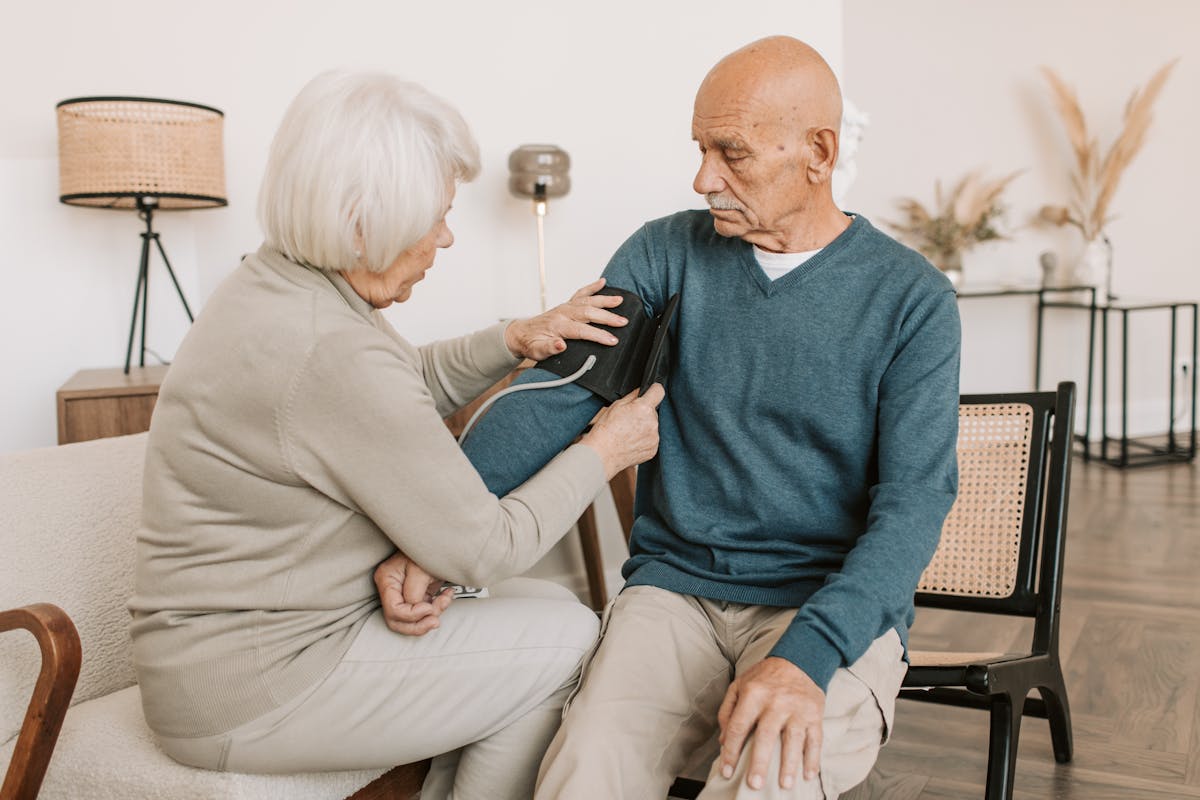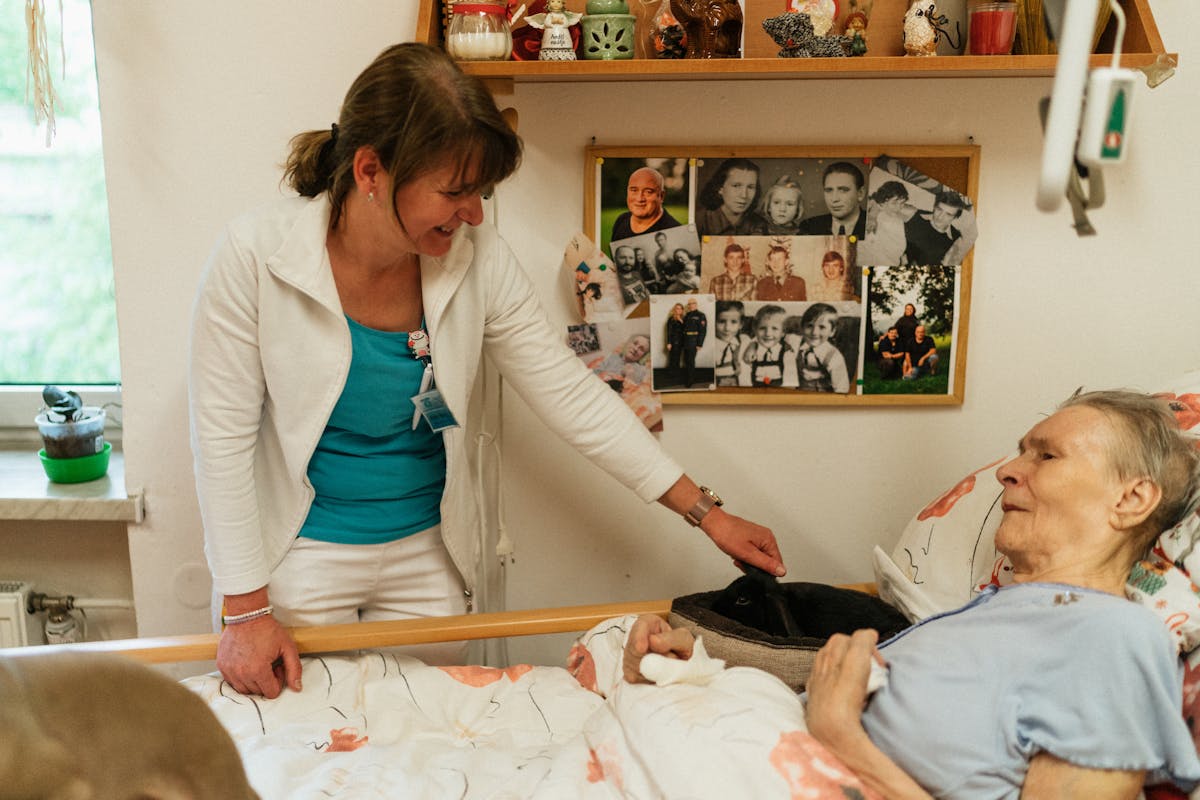
- Establish a routine to manage care for an elderly loved one with a chronic illness effectively.
- Seek support through caregiver networks or counseling to cope with caregiving challenges.
- Employ home health agencies for professional assistance with medication, care, and household tasks.
- Prioritize self-care through engaging in personal activities, ensuring your well-being to continue quality care provision.
Taking care of elderly loved ones with chronic illness can be a challenging and emotional experience. It requires patience, compassion, and understanding to provide the best possible care for someone who may be struggling with their health. This blog will discuss helpful tips for caring for elderly loved ones with chronic illnesses.
Educate Yourself
One of the most important things you can do when caring for an elderly loved one with a chronic illness is to educate yourself about their condition. This will not only help you better understand what your loved one is going through but also enable you to provide more effective care and support. Take the time to learn about the following four things:
Their Symptoms
Learning about the symptoms associated with your loved one’s chronic illness can help you anticipate and prepare for any challenges that may arise. It will also give you a better understanding of what they are experiencing, both physically and emotionally.

Treatment Options
Understanding the various treatment options available for your loved one’s condition can help you make informed decisions about their care. This may include medication, therapy, lifestyle changes, or alternative treatments. It’s essential to have open communication with their doctor and ask any questions you may have.
Potential Complications
Chronic illnesses often come with potential complications that can arise at any time. Being aware of these potential complications can help you recognize warning signs and seek medical attention promptly.
Emotional Impact
Caring for an elderly loved one with a chronic illness can be emotionally taxing. It’s essential to understand the emotional impact it may have on both you and your loved one. Educate yourself on coping mechanisms and seek support from others who may be going through similar experiences.
By educating yourself about your loved one’s chronic illness, you can become a better caregiver and provide the best possible care and support for them. Additionally, staying informed can help you make sound decisions regarding their healthcare needs and ensure that they are receiving the best treatment possible.
Communicate Openly
Communication is critical when caring for an elderly loved one with a chronic illness. Make sure to have open and honest conversations with your loved one about their needs, preferences, and concerns. Encourage them to share how they are feeling both physically and emotionally so that you can provide the appropriate support. Additionally, keep lines of communication open with healthcare providers to stay informed about your loved one’s treatment plan and progress.

Establish Routine Care
Establishing a routine care schedule can help ensure that your elderly loved one receives consistent and reliable care. Create a daily or weekly schedule that includes medication reminders, doctor’s appointments, meal times, exercise routines, and other necessary tasks. Having a structured routine can help reduce stress and confusion for both you and your loved one.
Seek Support
Caring for an elderly loved one with a chronic illness can be physically and emotionally draining. It’s essential to seek support from family members and friends to help share the responsibilities of caregiving. Consider joining a support group for caregivers or seeking counseling to cope with the challenges of caring for someone with a chronic illness.
You should also consider employing the help of reputable home health agencies. They can provide professional and trained caregivers to assist with various tasks such as administering medication, personal care, transportation, and household chores. They can also provide respite care, giving you a much-needed break to take care of yourself.
Practice Self-Care
Remember to take care of yourself while caring for an elderly loved one with a chronic illness. Make time for activities that bring you joy and relaxation, such as exercising, reading, or spending time outdoors. It’s essential to prioritize your own physical and mental well-being so that you can continue providing quality care for your loved one.
Caring for an elderly loved one with a chronic illness requires patience, compassion, and a well-thought-out plan. By establishing a routine, seeking support, and practicing self-care, you can manage the challenges that come your way more effectively. Remember, you’re not alone in this journey – there are resources and communities available to support you.
Taking care of an elderly loved one is a significant responsibility, but with the right approach, it can also be an enriching experience that strengthens the bond between you and your loved one. Always prioritize communication and seek the best possible care options to ensure their comfort and well-being.
